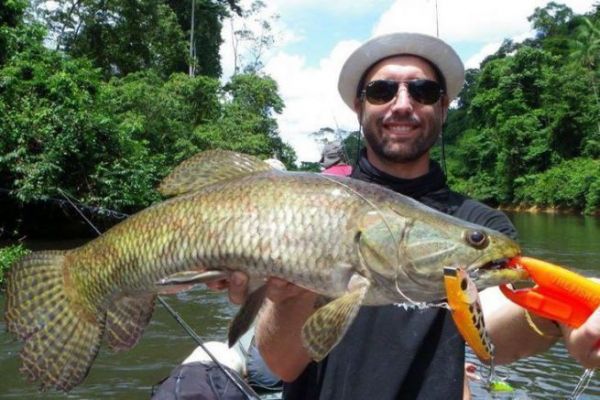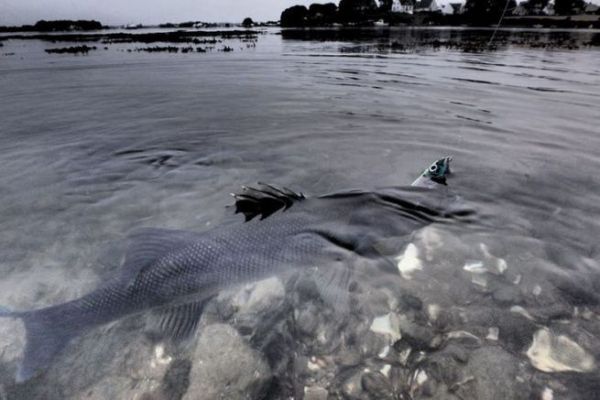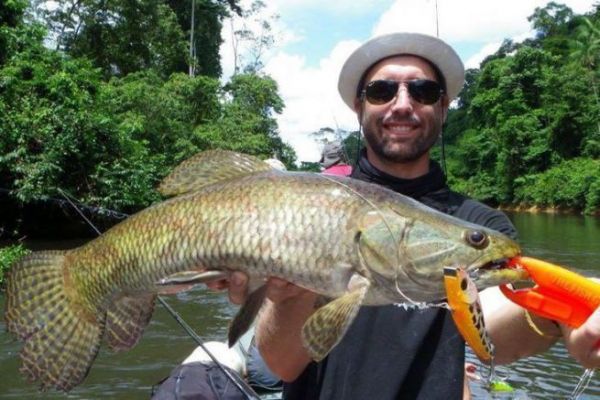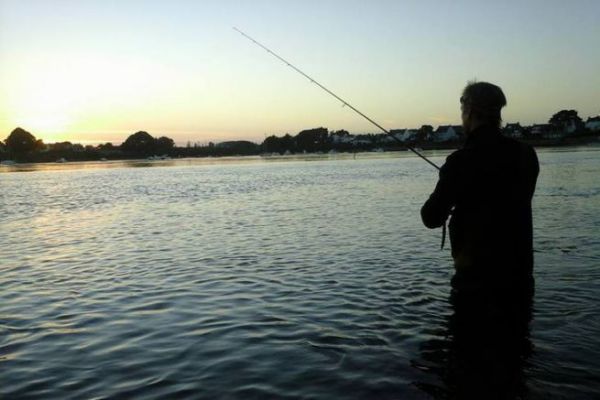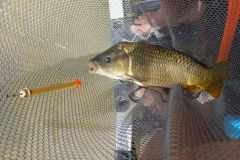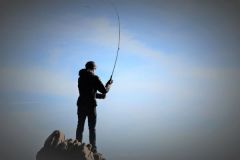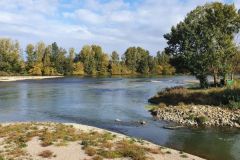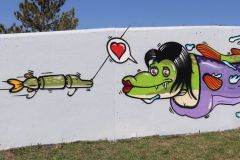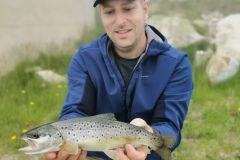The causes of failure in any activity, including fishing, can be categorized according to two criteria:
- Causality focus
- Controllability or stability of the cause
Every time we attribute a cause to a failure (or a success) we either protect our self-esteem or put it at risk. We blame the failure on ourselves or on something else. These attributions have an influence on our analysis and therefore on our learning process, and consequently on the progress we make.
Crossing these two criteria gives us 4 different types of cause, which we will describe below.
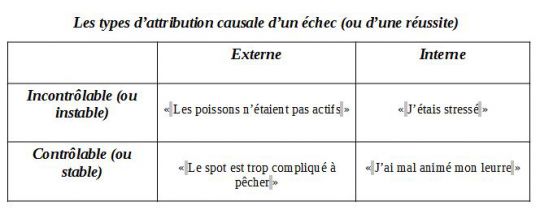
Uncontrollable external causes
Their purpose is to shift the blame onto something totally external to us and beyond our control, thus preserving our self-esteem since failure is not our fault... Among these causes, the most common are the weather, the mood of the fish, not having the right lure, etc.
However, as we saw in the previous topic, it's possible that these advanced causes aren't real, and that our failure then stems from a lack of preparatory analysis.
It's impossible to make any headway if you keep bringing up these types of causes over and over again.
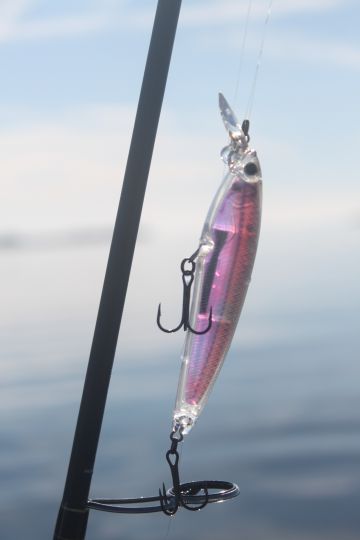
Controllable external causes
For example, an angler may attribute his lack of success to the fact that a spot is too difficult to fish. This cause, external to him, allows him not to question himself, and his stable character will always be stable if he doesn't tackle the problem from another angle. "What are my technical shortcomings in order to fish this type of spot?"But"How should I approach this spot in order to fish it properly?
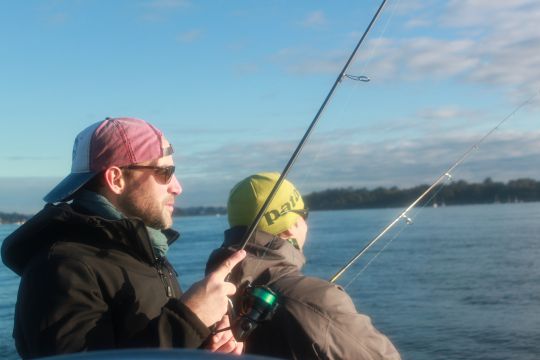
Internal causes that cannot be controlled
From that moment on, the fisherman takes ownership of the reasons for his failure, but largely absolves himself of any responsibility. Thus, the causes will contain a "Without these disturbances I would have fished well!"... I didn't fish well, but it's because I'm ill, or because my partner kept holding on or distracting me, or because I was stressed by the competition.
Again, these causes are probably sometimes true, but they can't be permanent, because the reality may be that this angler wasn't able to concentrate or ignore the external disturbances. "I didn't make the right choices"
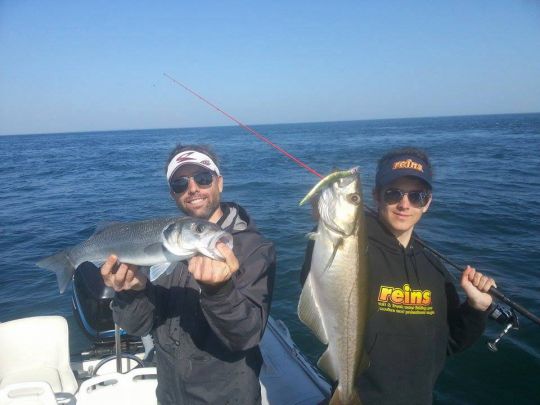
Controllable internal causes
These are exactly the kind of attributions that are difficult to make in the case of failure (much easier in the case of success, but not always objective...), because they make the subject totally responsible and are therefore negative for self-esteem.
For example, "I didn't animate my lure properly", "I didn't try hard enough" or "the fish weren't active". Fishing with others and realizing that your partners are catching fish and we're not, in the same place, at the same time and with the same lures, should lead to this type of analysis and enable you to make progress.
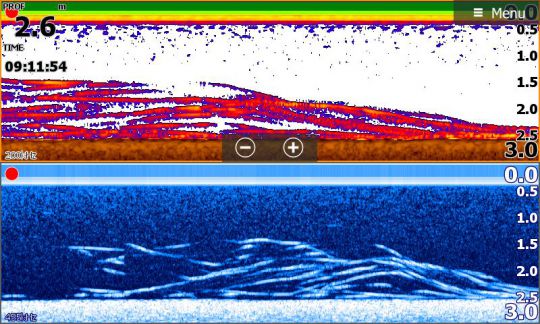
Changing our causal attributions for progress
It's not always easy to take, but questioning yourself and transforming a non-controllable external cause ("I didn't make the right spot choices given the conditions") is the best way to make progress and enter into an effective long-term analysis process. Obviously, we can't be held responsible for all the reasons, but the opposite is also true. We need to reason coldly, taking into account a majority of parameters to try to be as objective as possible.
